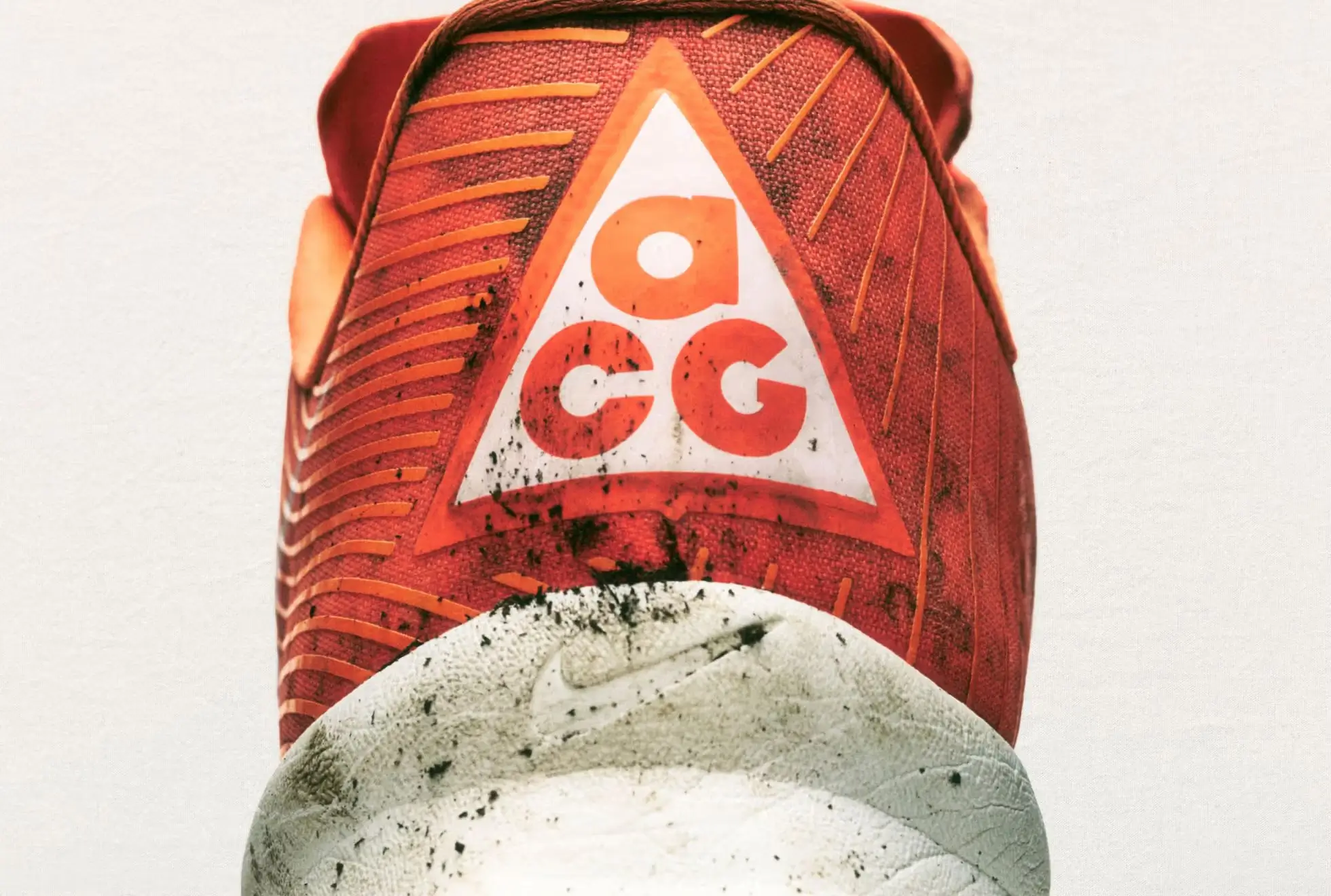
In a streetwear ecosystem increasingly defined by noisy collabs and fleeting virality, there’s something profoundly grounded about the latest union between New Balance and Seoul-based label thisisneverthat. Their new joint venture—an understated yet surgically refined iteration of the Made in UK U993v2—feels less like a trend-chasing drop and more like a deliberate exercise in restraint, materiality, and cultural memory. It’s a sneaker that doesn’t beg for attention, but demands it through integrity of form and the storytelling embedded in its construction.
Quiet Craft Meets Subcultural Literacy
Since its founding in 2010, thisisneverthat has become South Korea’s foremost exporter of streetwear poise—defined not by logos or maximalist gestures, but by a quiet confidence rooted in 90s Americana, bootleg culture, and post-Internet irony. Their collaborations with brands like GORE-TEX, Oakley, and New Era have always felt more like design conversations than mere product releases. With New Balance, however, the dialogue deepens.
The U993v2 Made in UK platform is a significant canvas. It’s not a GR silhouette; it carries with it the legacy of New Balance’s Flimby factory, a site in Cumbria, England synonymous with hand-stitched quality and generational know-how. While many brand-collaborators gravitate toward the more familiar 990 line or chunkier 2002R builds, thisisneverthat choosing the U993v2 signals both respect for heritage and a willingness to engage with overlooked design chapters in the NB archive.
Shades of Tactility: The Design Philosophy
The sneaker arrives draped in a shadowplay of earthy neutrals—deep graphite suede, ash grey mesh, and smoked-out accents on the heel counter and midsole. There are no loud contrasts or neon cues here. Instead, the build feels like a nod to utilitarian militaria and archival British athletic gear, especially with the inclusion of subtle reflective 3M hits that nod to late-90s UK cycling wear.
The suede used on the upper is remarkably lush, with nap textures that reveal tonal shifts depending on light and wear. The panels are sculpted in that classic New Balance modular language—functional, compartmental, and layered—yet thisisneverthat softens the edges, letting form follow material rather than the other way around.
The custom tongue tag, featuring dual branding embroidered in tonal stitching, refuses to scream. Likewise, the insoles are custom-printed, but remain largely invisible until worn—a detail that aligns with the Korean brand’s ethos: the wearer’s experience always precedes the viewer’s impression.
The U993v2 Repositioned
The base model of the 993 is often associated with performance comfort—an EVA and ABZORB-cushioned midsole, ENCAP support, and a durable Ndurance rubber outsole designed for everyday endurance. But in this collaboration, performance tech becomes aesthetic in itself. The chunky midsole is toned down via color-blocking, giving the sneaker an almost tapered visual flow, a silhouette more suited to gallery corridors than asphalt sprints.
For sneakerheads who follow New Balance’s Made in UK drops, the U993v2 remains a relatively rare sight. It’s less ubiquitous than the 991 or 1500, and yet it speaks to a design window when New Balance was pivoting from pure performance into lifestyle relevance—without abandoning its running lineage. The choice to revive this model through the hands of thisisneverthat suggests a broader thesis: that the most fertile spaces for creative exploration often exist just outside the hype cycle.
Seoul Meets Flimby
In today’s global fashion landscape, there’s a romantic appeal to brands working across geographies. But this drop isn’t simply a Seoul-meets-Flimby moment—it’s a transference of values. Both thisisneverthat and New Balance Made in UK represent a commitment to localized excellence. In Seoul, thisisneverthat has become a leader in narrative-driven design, often referencing cultural artifacts and consumer memory. In Flimby, New Balance’s craftspeople remain devoted to analog manufacturing, resisting automation in favor of hand-assembled accuracy.
This sneaker, then, is less about Korean style invading British heritage, and more about two parallel disciplines merging—one built on future-facing aesthetics, the other on archival methods.
Cultural Resonance and Relevance
Sneaker culture in 2025 is saturated with maximalism—bold prints, conceptual collaborations, and AI-generated design flirtations. In that context, the thisisneverthat x New Balance U993v2 reads like a sigh of relief. It asks for nothing but presence. It doesn’t reference pop stars or sports mythology. It resists ironic detachment. It’s a sneaker for people who care about the process behind a product as much as the product itself.
Still, the drop isn’t apolitical. Its timing—amid growing anxieties over sustainability, identity commodification, and global supply chains—adds weight to its minimalist aesthetic. The use of high-quality, locally sourced materials and ethically maintained labor environments in the UK factory makes this collaboration feel like a counter-gesture to fast fashion’s ongoing entropy.
Final Form: Who This Is For
This is not a grail for flexing. It’s a sneaker meant to disappear into the lives of those who wear it, picking up creases and discoloration with time. It’s for those who understand that cultural capital doesn’t have to announce itself loudly. It’s for quiet archivists, for daily stylists, for the subculturally fluent.
Whether paired with baggy trousers and a nylon parka or vintage Levi’s and a heavyweight tee, the shoe becomes a foundational wardrobe piece. It’s not chasing cool—it’s defining a quieter kind of fluency, one built on a lineage of thoughtful restraint and global respect.
The Verdict
The thisisneverthat x New Balance Made in UK U993v2 is a quietly radical shoe. It doesn’t rely on gimmicks or nostalgia. Instead, it renders care—care for design lineage, for craft, for subcultural memory, and for the user experience. In an era where attention is currency, the sneaker doesn’t shout. It trusts you’ll notice.
And for those who do, it won’t just be worn—it’ll be kept.
No comments yet.








